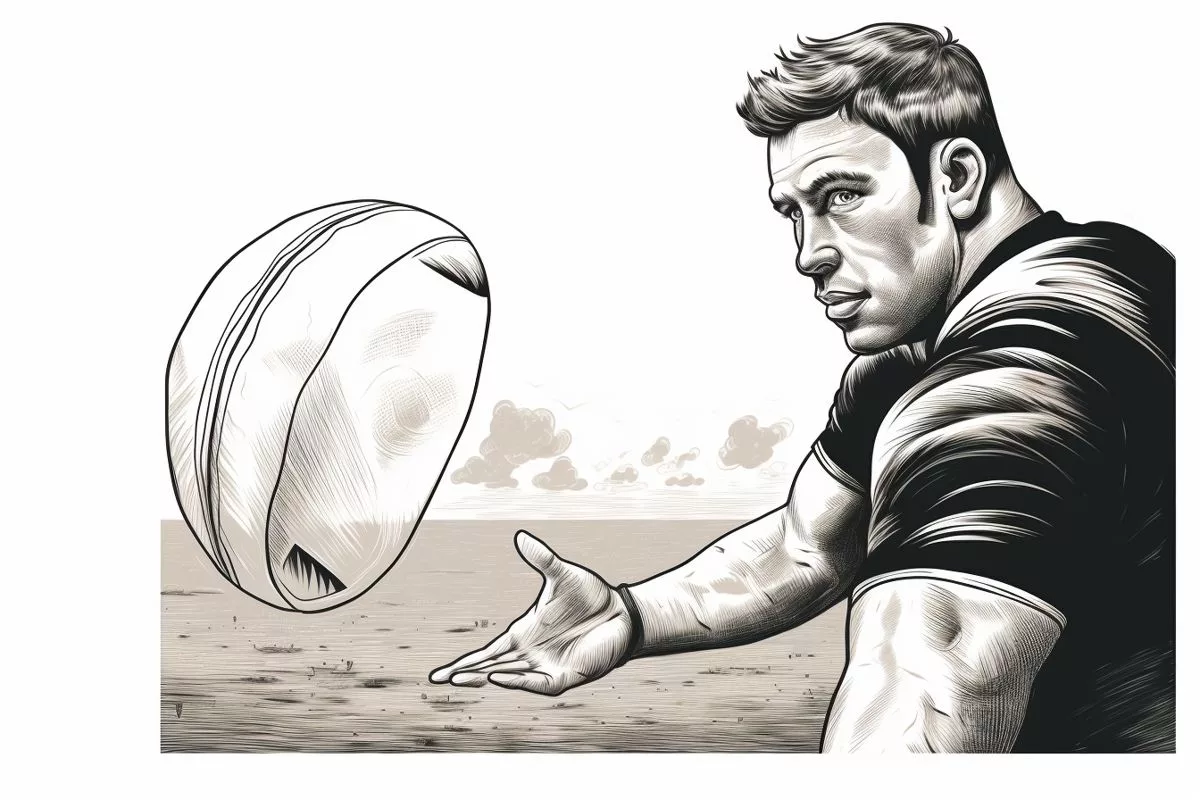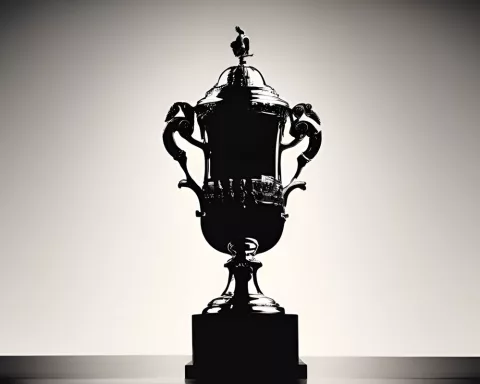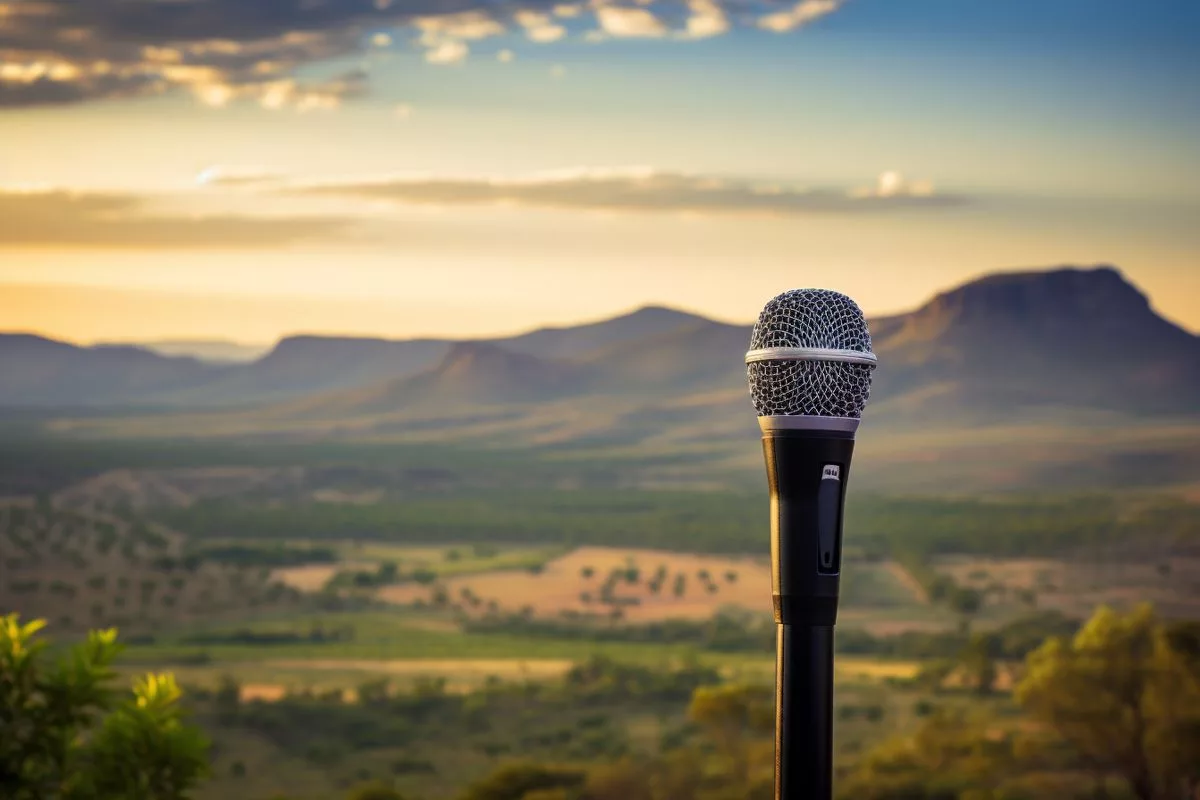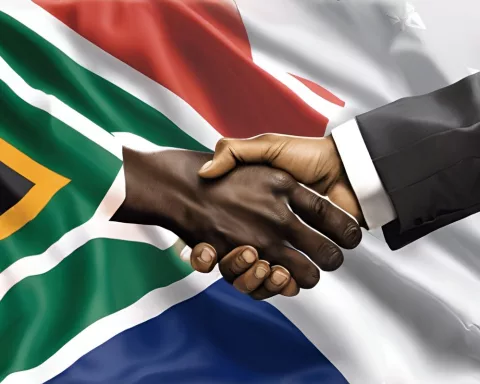The crucial try that was denied due to an earlier knock-on during the Rugby World Cup Final sparked controversy and debate among fans and critics, even though the decision was made by the Television Match Official Tom Foley. While World Rugby has privately acknowledged breaking protocol with the decision, it has not publicly addressed the issue, causing frustration among many. However, despite the controversy, the final serves as a reminder of the pressures and challenges associated with professional sports, and the exceptional skill and commitment demonstrated by teams like the All Blacks.
Did the All Blacks score a try during the Rugby World Cup Final that was wrongly denied?
During the Rugby World Cup Final, the All Blacks were denied a crucial try due to an earlier knock-on. The Television Match Official (TMO), Tom Foley, caught the knock-on occurring four phases before the scoring attempt, going beyond the two-phase limit for TMO reviews. While World Rugby has privately admitted breaking protocol with this decision, it has not publicly addressed the issue, causing controversial debates among fans and critics alike.
The Electrifying Rugby World Cup Final
Observers worldwide held their breath as they watched the heart-pounding Rugby World Cup final, where the New Zealand All Blacks were part of the thrilling action. The All Blacks recently learned from World Rugby that a try they were denied during the final match should have been allowed.
A pivotal point in the match arrived in the 54th minute when All Blacks’ scrumhalf, Aaron Smith, swiftly moved in for a try after fellow player, Richie Mo’unga, broke through the Springboks’ wall of defense. Unfortunately, the potential point-earner was scratched from the record due to an earlier knock-on by Ardie Savea.
Tom Foley, the Television Match Official (TMO), caught the knock-on occurring four phases before Smith’s scoring attempt. Notably, this observation went beyond the two-phase limit for TMO reviews, a guideline established by a mid-2022 update to the World Rugby protocol. This decision sparked fierce debates among fans and critics, despite it being in accordance with the rules.
World Rugby’s Controversial Silence
New Zealand’s media platform, Stuff, has reported that World Rugby has privately admitted to breaking protocol with this decision. However, the governing body has not publicly addressed the issue. This calculated silence has been met with widespread sarcasm on social media channels, as World Rugby has traditionally stood by its match officials and has not shied away from decrying any criticism targeting them.
A twist in the narrative emerged when the All Blacks sought an explanation for their defeat in the final match. This prompted World Rugby to seemingly change its stance. While not publicly supporting its officials, World Rugby was accused of acknowledging the mistake privately yet refusing to publicly admit it.
In reaction to these severe media reports, World Rugby put out a brief statement. Instead of confirming or denying the claims, it reiterated its support for the match officials. “As confirmed prior to Rugby World Cup 2023, World Rugby does not publicly comment on match official decisions,” it declared. The governing body also commended its match official team for their outstanding performance under the immense pressure of professional sports.
The Lingering Debate and the Spirit of Rugby
World Rugby also drew attention to the potential damaging effects of criticizing match officials, including online hate and threats. They underscored the critical need to consider the human implications of such criticism.
However, this did not put to rest the ongoing questions surrounding the disallowed try by Aaron Smith. It remains a hotly debated topic among rugby enthusiasts and experts, with some arguing that the TMO’s decision drastically influenced the final match’s outcome.
In sports, such controversies are par for the course. They ignite discussions and inject an extra layer of intrigue into the games. While the debate over the disallowed try rages on, it serves as a stark reminder of the pressures and challenges associated with professional sports, both for the players on the field and the officials responsible for ensuring fair play.
Steering clear of the fiery debates and plunging into the sport’s rhythm, one can admire the exceptional skill and commitment demonstrated by teams like the All Blacks. The disputed incident, while debatable, does not overshadow their remarkable performance throughout the contest. From formidable offensive tactics to an unyielding defense, the team’s resilience and determination were apparent in every run and tackle.
Ultimately, the World Cup final was a rollercoaster ride of peaks and valleys, victories and letdowns, and above all, an embodiment of the spirit of rugby. It serves as a stark reminder of the thin line between success and failure, and the crucial role played by decisions made in a blink of an eye.
1. What was the controversial decision made during the Rugby World Cup Final?
The controversial decision during the Rugby World Cup Final was the denial of a crucial try scored by the All Blacks due to an earlier knock-on.
2. Who made the decision to deny the All Blacks’ try?
The decision to deny the All Blacks’ try was made by the Television Match Official (TMO), Tom Foley.
3. Did the TMO follow the established guidelines for TMO reviews?
No, the TMO went beyond the two-phase limit for TMO reviews established by a mid-2022 update to the World Rugby protocol.
4. Has World Rugby publicly addressed the controversial decision?
No, World Rugby has not publicly addressed the controversial decision. However, it has privately admitted breaking protocol with the decision.
5. What is the lingering debate surrounding the disallowed try?
The lingering debate is whether the TMO’s decision drastically influenced the final match’s outcome.
6. What does the controversy surrounding the final serve as a reminder of?
The controversy surrounding the final serves as a reminder of the pressures and challenges associated with professional sports, and the exceptional skill and commitment demonstrated by teams like the All Blacks.












